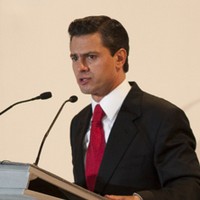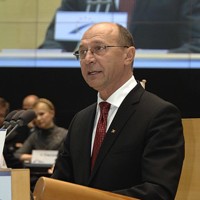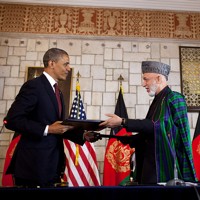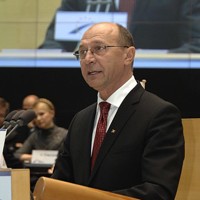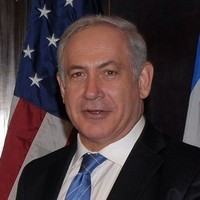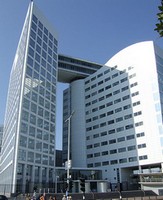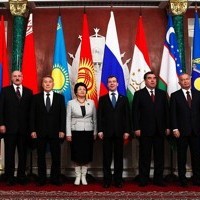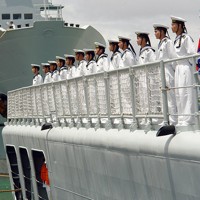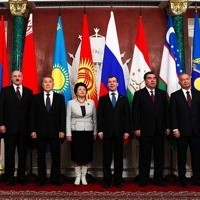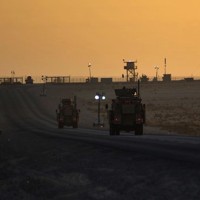
In its just-released final audit report (.pdf), the Office of the Special Inspector General for Iraq Reconstruction Funds (SIGIR) last week warned that billions of U.S. dollars may have been wasted or misappropriated in the process of reconstructing Iraq. While reports of waste surfaced early in the post-invasion occupation of Iraq, problems have also plagued the transition since 2010 from a military- to a civilian-led U.S. mission in Iraq. Many of those shortcomings came to light during a recent hearing by the House Oversight and Government Reform Committee to assess the interagency effort in Iraq now that all U.S. combat […]


